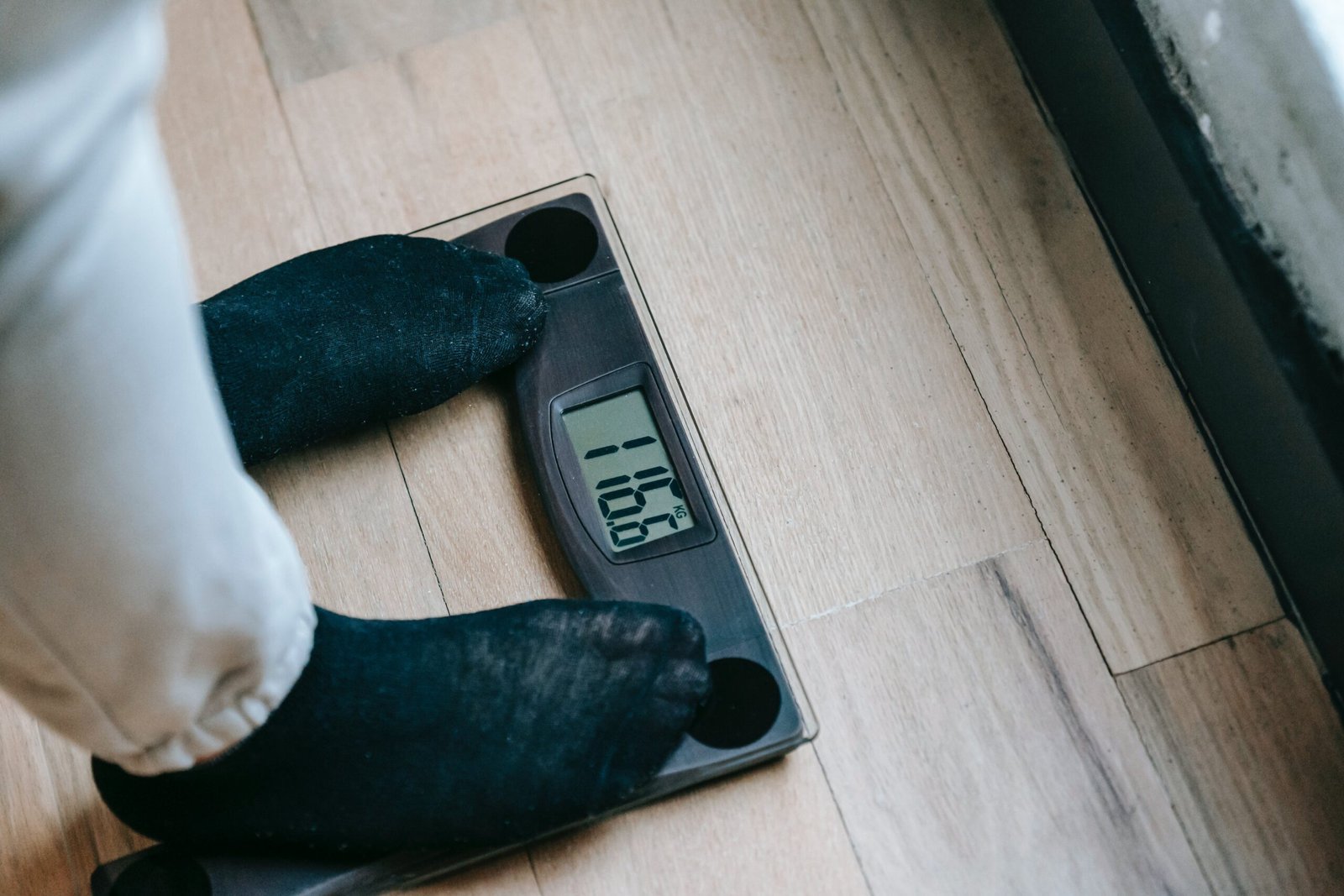Introduction of Contraception and Birth Control Methods
Navigating the world of contraception and birth control can often feel like a daunting task. With an array of methods available, each boasting its own set of advantages and considerations, making an informed choice that aligns with your body, lifestyle, and reproductive goals is crucial. This comprehensive guide delves into the various contraception and birth control methods, shedding light on what options exist, how they work, and why understanding them is vital to responsible and empowered decision-making.
Understanding Contraception and Its Importance
Contraception, or birth control, is not just about preventing pregnancy; it’s a crucial aspect of reproductive health that allows individuals to plan if and when they want to have children. Beyond family planning, contraception can play a pivotal role in regulating menstrual cycles, managing symptoms of hormonal imbalances, and contributing to overall well-being.

What Is Contraception, and Why Is It Important?
At its core, contraception encompasses methods used to prevent pregnancy. Its significance, however, extends beyond the surface. By allowing individuals and couples to decide on the timing and spacing of pregnancies, contraception is fundamental to autonomy and health.
Overview of Birth Control Methods
What Are the 5 Methods of Birth Control?
- Hormonal Pills: This involves taking a pill daily to prevent ovulation.
- Intrauterine Device (IUD): A small device inserted into the uterus to prevent pregnancy.
- Condoms are a barrier method that prevents sperm from reaching the egg.
- Implants: A small rod placed under the skin releases hormones to prevent pregnancy.
- Natural Family Planning: Tracking fertility signs to avoid intercourse during fertile periods.
Safest Birth Control Method
While each method has its own safety profile, IUDs and implants are among the safest and most effective long-term birth control methods, with a greater than 99% success rate in preventing pregnancy.
Birth Control Methods for Females
Apart from the ones mentioned, options like the birth control shot, vaginal rings, and patches are available, each tailored to fit different needs and preferences.
Birth Control Shot
Delivered every three months, the birth control shot is a hormonal method that prevents ovulation and thickens cervical mucus to block sperm.
Birth Control Implant
This is a tiny rod inserted under the skin of the arm, releasing hormones to prevent pregnancy for up to 5 years.
Natural Birth Control Methods
Involving awareness of a woman’s fertility cycle, these methods require no medical intervention but a thorough understanding of one’s body signals.
Types of Birth Control Pills
There are primarily two types: combined (estrogen and progestin) and progestin-only pills, each with specific use cases and considerations.
Choosing the Right Birth Control Method for You
Determining the best birth control method involves understanding your health, lifestyle, and future plans. Consulting with a healthcare provider can guide this decision, taking into account personal and medical history.
The Role of Consultation in Selecting Birth Control Methods
A healthcare professional can provide detailed information, answer questions, and help navigate the complexities of choosing a suitable birth control method, ensuring it aligns with your holistic well-being and lifestyle.
Taking Control: The Empowerment of Being Informed
Empowerment in birth control begins with being informed. Understanding the options available and how they align with your body and life allows for decisions made with confidence and autonomy.
Conclusion
The process of selecting contraception and birth control methods is deeply personal and varies widely among individuals. Armed with the right information and guided by professional consultation, you can make choices that best support your reproductive health and life goals. Remember, taking control of your reproductive health is a step towards empowered living, and making informed choices about contraception is at the heart of this journey.
Thank you for taking the time to read this article! If you found it insightful or enjoyable, I invite you to explore more content on my blog site. I cover a variety of topics that I believe you might find interesting or helpful. Your continued support and engagement mean a lot to me, and I hope you’ll find value in exploring what else I have to offer. Happy reading
FAQs
Q: Can I switch birth control methods if I’m not satisfied with the current one? A: Absolutely. Consult your healthcare provider to discuss alternative methods that may better suit your needs.
Q: Are there any side effects to birth control methods? A: Yes, like all medications, birth control methods can have side effects. Discussing these with your healthcare provider can help you weigh the benefits against the potential downsides.
For more information on contraception and to explore more resources, don’t hesitate to contact a healthcare provider or visit Planned Parenthood.






